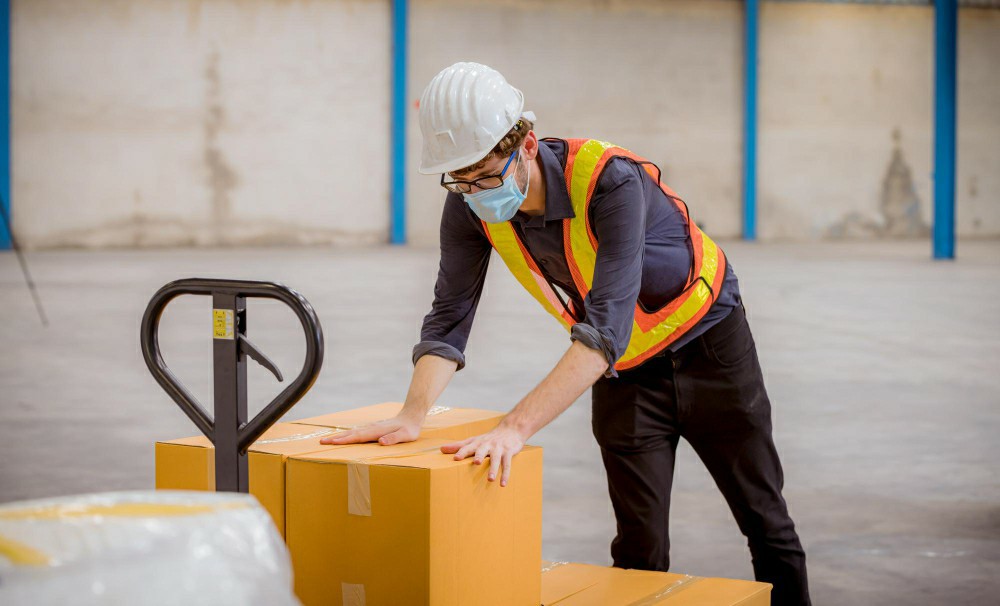


 349,500 Offered Certificates
349,500 Offered Certificates
 24/7 Online Training
24/7 Online Training
 Money Back Guarantee
Money Back Guarantee
 Fully Accredited Courses
Fully Accredited Courses

Created at: 11-11-2024 18:02
In the healthcare sector, the safety of patients and staff is paramount. One critical aspect that often goes unnoticed is the manual handling of patients and equipment. This is where the Manual Handling Module comes into play, underscoring its importance in creating a safe work environment.
A manual handling module refers to a specific training program designed to educate professionals on the correct techniques for lifting, moving, and handling patients or heavy equipment safely. In Ireland, recognizing the need for proper training has led to the development of specialized courses aimed at healthcare workers, including nurses, carers, and support staff.
Manual handling injuries are a leading cause of workplace accidents in the healthcare industry. Providing proper manual handling module training is essential for several reasons:
Obtaining a manual handling module certification offers numerous benefits for healthcare professionals:
When deciding on a manual handling module course, consider the following factors:
The growing demand for flexible training options has led to the introduction of manual handling module online courses. These courses offer considerable advantages:
When selecting a training provider, consider local options. Many accredited institutions offer manual handling module certification Dublin, manual handling module safety courses Cork, and other locations tailored to various Irish cities.
In summary, the manual handling module certification is crucial for healthcare workers in Ireland. It not only enhances workplace safety but also promotes compliance with regulatory standards, boosts staff confidence, and improves the overall quality of patient care. Investing in specialized training is an investment in the safety and well-being of both staff and patients.
For more information about certified manual handling module training options in Ireland, visit irish-manualhandling.ie or contact us at [email protected].